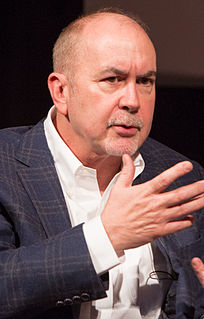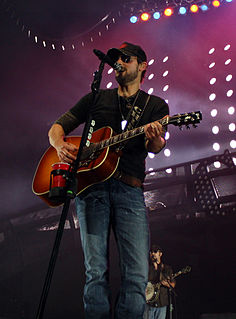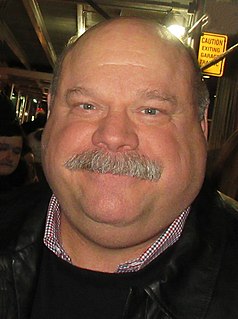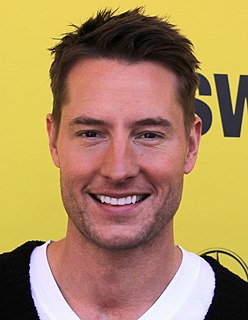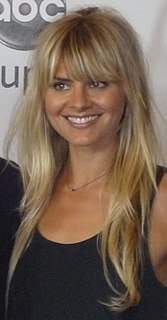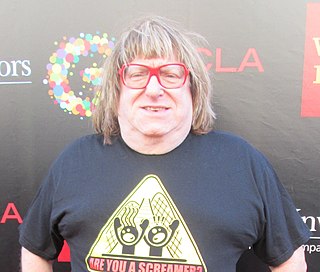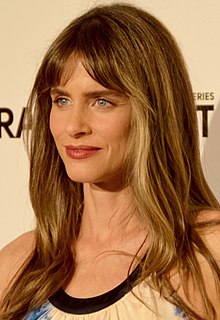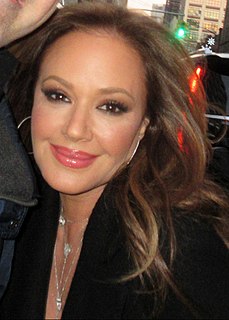A Quote by Terence Winter
It used to be that you had to do a certain number of episodes to hit syndication in order to try to keep a show on, because it's important to the network because it sells good commercial time. That's really not how HBO does things.
Related Quotes
You're not chasing syndication any more. It used to be a big thing. "Let's make 100 episodes and we'll get paid for life". You know? And what does the sheer amount of content that's being made do to syndication after a while? It just seems like there's more content than there is hours for everyone to watch it. But it's some of the best content that's ever been created.
When you only do 10 episodes for a final season, every character and all of her interactions in every storyline have so much more import because it's the last time we're going to do it. It's been really helpful saying, "OK, where do we want each of these characters to end?" We have 10 episodes to do it and working backward from that, I kind of envy my friends who have always been on a cable network because this is really that great benefit of doing it this way.
I had never intended to be on the show more than three years, regardless of how successful it was. I had other things I wanted to do. And I was offered a role in 'Red Sky at Morning', [1970]. I got that part because [producer] Hal Wallis had seen the HERE'S LUCY show with Ann-Margaret. It was a thrill for me, getting to do the drama and comedy. It was such a good role. So I missed several episodes of the show to shoot the movie. And I never came back but one.
I was on a show called '12 Miles of Bad Road' with Lily Tomlin - it was an incredible HBO show. We shot 6 episodes, previewed it before the finale of 'The Sopranos;' it was written up as a 'Great New Show on HBO,' and then the whole thing was canned. Gone. Disappeared. That's when I realized anything can happen in this business.
I've been on my share of network dramas and comedies, and the problem sometimes in a network is they have a single-minded focus on making the show true to whatever genre it is. If you're on a drama, it better be procedural, it better fulfill all the demands of a procedural show, and you better keep those episodes independent, so if I'm watching the show in seven years as its syndicated on some other cable network, I don't have to know what happened before or after the episode. If you're on a comedy, everything has to be funny and wacky and zany.
I mean, people who watch Jon Stewart's show every night don't think he went far enough, because he couldn't do what he does on his show every night, because it's a different job. The same thing with Chris Rock. He can't come out and do a tossed-salad routine, the way he does on his HBO shows, because this is the Academy Awards.
I wanted to move on. I wanted to do acting. The next thing I did after [MADtv] was a good hybrid of that. I did this show with Bob Odenkirk and Derek Waters (creator of Comedy Central's "Drunk History") and it was a little homegrown thing that we shot and then we sold it to HBO. We made a pilot and HBO didn't pick it up, but then we made all these webisodes. This was before streaming stuff online made any sense. (The episodes are available on YouTube). Nobody even knew how to watch things on the internet.
